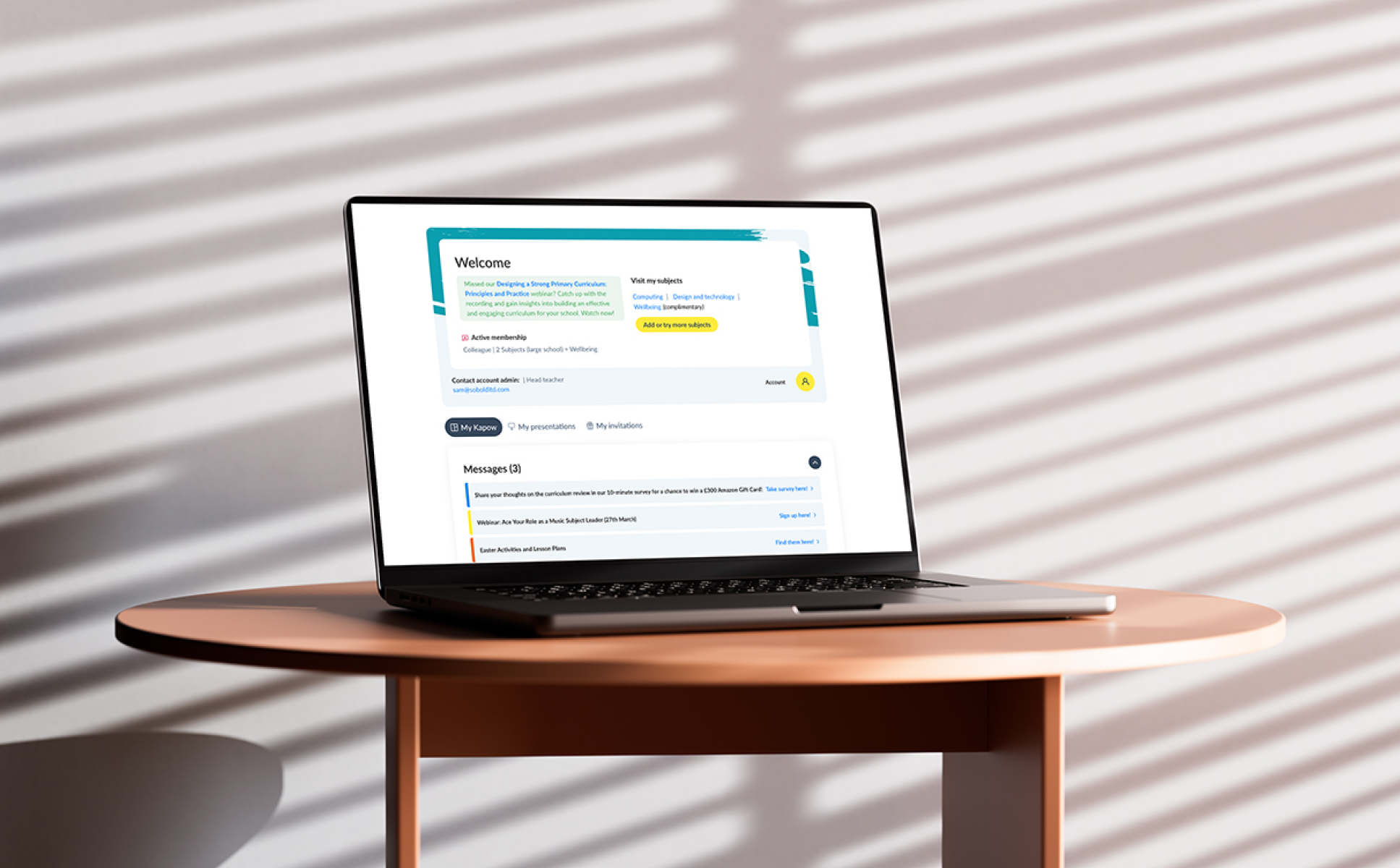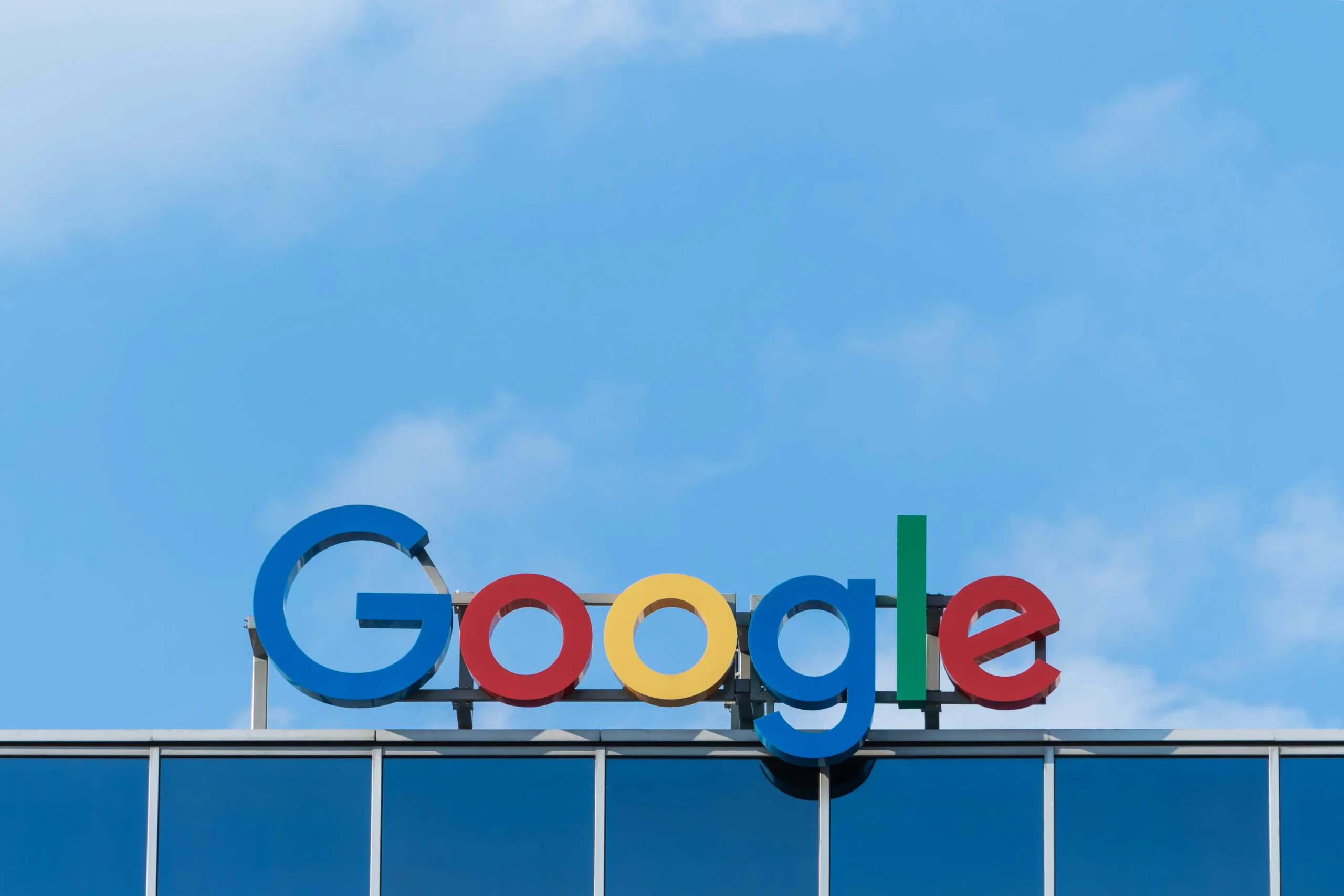Deciding between two content management systems (CMS) is no easy task. Your CMS is an important long-term investment, so you must ensure you choose a platform that will meet all your requirements, both now and in future.
If you’re currently weighing up the pros and cons between Contentful and WordPress, there are some key differences between the two platforms that you should be aware of.
To make this evaluation process easier for you, and help you pick the best option for your business, this article provides a direct, objective comparison between these platforms.
Platform Overviews
Different types of software will provide you with different capabilities and limitations. The Contentful and WordPress platforms can both deliver quality enterprise-grade websites, but they each take a slightly different approach.
Contentful
Contentful is a cloud-based “headless” CMS. Being headless means that the back-end of the platform you use to publish, edit, and manage content is not directly connected to the front-end of your live website.
Your content is managed and stored in one central hub, hosted within the cloud, and this is the back-end of your platform (also known as the “body”). APIs are then used to take your content from the back-end and present it in website form.
A headless CMS gives you a high level of flexibility and customisation with your website’s front-end. These same APIs allow you to publish your content in different formats in different channels as well, facilitating a multi-channel approach to marketing.
This makes Contentful a flexible platform that can meet a range of different content requirements, but it is admittedly more complicated than the traditional approach to website management.
WordPress
WordPress is a traditional CMS that provides a more straightforward approach to managing your website. You can use WordPress to build sophisticated, dynamic sites with a simple, user-friendly set of tools.
While most businesses use WordPress in the traditional way, the platform can be leveraged with a headless approach as well, allowing it to match the scalability and multi-channel capabilities of solutions like Contentful.
WordPress gives you the flexibility to choose how you’d like to develop your website, based on the complexity and size of the project, and the objectives you’re trying to achieve. In the likely case that you’re working with a web design and development agency, that can all be handled for you by your partner.
The Scalability of Each Platform
Your business will grow and evolve over time, so you need a platform that can quickly and easily scale up with new features and functionality. You also need to ensure the platform can handle high volumes of traffic and maintain performance as your audience grows. That’s why scalability is one of the most important aspects to consider when choosing a CMS.
How Scalable is Contentful?
One of the main benefits of a headless CMS is that the infrastructure allows you to grow your digital presence rapidly, on a large scale.
The back-end offers easy customisation, and the cloud-based nature of the platform allows you to scale up dynamically whenever you need to.
Its multi-channel capabilities also inherently promote the idea of developing your content in different formats at a larger scale, while always maintaining consistency. This enables you to produce individual pieces of content once and easily repurpose them across different channels a number of times, saving valuable time and resources.
This can all be done without any concerns over technical issues like server capacity or network bandwidth, because the platform is delivered in a software-as-a-service (SaaS) model.
How Scalable is WordPress?
WordPress is a highly scalable platform in its own right, currently used to power the websites of some of the largest and most successful businesses in the world.
The platform is agile and scalable enough to grow seamlessly alongside your business and adapt to your changing requirements, whichever way you decide to use it.
As mentioned earlier, taking the headless approach with WordPress can provide the same enhanced scalability and pervasive multi-channel capabilities as Contentful, if you require those aspects from your CMS. This can also deliver benefits with speed of development and time-to-market, saving you valuable costs with your agency partner.
Expanding your WordPress site with the more traditional approach is made even easier than most other CMSs as well, thanks to the platform’s unique block-based editor. This is a method of building websites that provides great benefits in the areas of flexibility, efficiency, and ease-of-use.
WordPress also allows you to continually enhance your site with new features and functionality through bespoke development, with almost no limitations on what can be achieved.
Ease-of-Use
Like all technology, some tools are more approachable for the majority of users, while others will require some existing skills. This makes ease-of-use a key part of your criteria when selecting a platform to manage your website. You’ll be using it almost every day, after all, so you need to be comfortable with it.
How Easy is Contentful to Use?
While Contentful being solely a headless CMS does have its advantages, such as scalability and customisation, this approach also creates some challenges for the average user.
For example, adding content to Contentful can be difficult because it doesn’t provide you with a way to preview how your content will look in the front-end of the website.
Contentful doesn’t have a simple editing interface on the front-end, so there’s a much higher risk of error with this platform than with most others.
Granted, Contentful’s user interface (UI) is well structured and intuitive, but it’s also known for being more difficult for non-technical users than platforms like WordPress.
Handling the API rules is also complicated without the help of an experienced web development team. If you’re working with an agency, you may end up calling on them regularly for tasks that you could likely handle yourself in other CMSs.
How Easy is WordPress to Use?
Conversely, WordPress is renowned for its simplicity and ease-of-use. Even if you don’t have any existing knowledge of coding or content management, WordPress is very approachable and easy to learn.
When you first get started with WordPress, virtually everything you need to set up and manage your website will be readily available within the platform.
Publishing, managing, and editing in WordPress are all quick and convenient, thanks to an intuitive back-end that provides you with everything you need to build out a content-rich website.
Thanks to this ease-of-use, most of the people within your team will be able to use WordPress, allowing you to share the responsibility of the daily management and running of your site.
It is worth noting that taking a headless approach with WordPress does also require experienced web developers to be able to manage the platform though.
Security
Security should always be a top priority with any software you introduce into your business. If you’re considering a CMS that seems like it could be unable to provide the enterprise-grade security you need, it’s wise to continue looking for more reliable alternatives.
How Secure is Contentful?
As a cloud-based SaaS product, Contentful comes with useful in-built security features, including HTTPS data encryption, role-based access controls, and multi-factor authentication.
Headless CMSs also take a different approach to security compared to traditional platforms like WordPress. Its use of APIs allows you to control access to your content through a token-based authentication system, and it uses industry-standard encryption and secure storage measures to protect your data. With that in mind, Contentful should be seen as a very secure and robust platform.
How Secure is WordPress?
WordPress is a secure, platform. To find proof of this, you only need to look as far as the wealth of global enterprise businesses that have chosen WordPress as their CMS.
As with any software, though, there will always be vulnerabilities or potential risks that can arise in certain scenarios. For example, WordPress regularly releases updates to its software, and failing to test your platform upon these releases could lead to bugs or security issues creeping in. Similarly, certain plugins can create security problems if taken from the wrong sources or left untested for too long.
Finding an experienced agency partner you can depend on is usually a wise move to reinforce the security of your website. That partner will also be able to support you with important related services like hosting, maintenance, and ongoing optimisation.
Cost and TCO
Your CMS also needs to deliver good value for money and a low total cost of ownership (TCO).
To understand your long-term TCO, you’ll need to take into account things like license fees, hosting costs, maintenance, bespoke development with your agency, and more.
Contentful’s Initial Costs and Ongoing Investment
Contentful has basic and premium pricing plans for businesses, although you can use the platform for free to see if it’s a good fit first.
The basic plan starts at around £250 per month and supports up to twenty users, so it’s only suitable for small businesses. The premium plan is priced based on the resources you’ll use, such as number of users, API requests, and storage. You can usually expect this to start at around £450 per month.
However, as mentioned earlier, most businesses will require a lot of support from an agency to get the platform set up in both the back-end and front-end. You’ll likely need ongoing work from an agency to ensure you can use the platform to its full potential as well, which won’t come cheap.
All these things tend to add up to a high TCO over time, making Contentful less cost-efficient than some of the other CMSs around today.
WordPress’s Low TCO
WordPress is one of those solutions that is far more cost-efficient than Contentful, with a much more reasonable TCO.
Its software is open-source and the platform free to use. This means your initial costs are limited to just hosting, agency fees, and any other support you may need once your site is live. Plugins and extensions of the platform are licensed and paid for separately.
As WordPress is such an intuitive and easy-to-use platform, it’s also affordable to run it and manage it, even if you do use an agency to handle that for you. This includes any bespoke development or customisation requirements you may have, which experienced agencies can often deliver with a very fast time-to-market as well.
Which Platform is Right for You?
Both these CMSs will enable you to build sophisticated, high-performance websites that will support your business goals and allow you to gain an edge over your competition.
As you’ve seen throughout this comparison article, they each have their strengths and weaknesses, as do all the other CMSs available today. That means you need to base your decision on which one is the best fit for your specific business.
For example, a headless CMS, whether that’s Contentful or WordPress, may be too complex in many cases. But if you’re looking to execute a holistic multi-channel marketing strategy, it might be the right choice for you.
In the early stages of your evaluation process, it’s crucial to carefully consider your own unique requirements, objectives, budget, resources, agency relationships, and various other factors.
In order to make the right decision between two CMSs, you need to understand which one will be more suitable to deliver on your needs and expectations, both in the immediate term and for years to come.
Still not convinced? Discover five key benefits of WordPress’s industry-leading scalability in our related article here.






